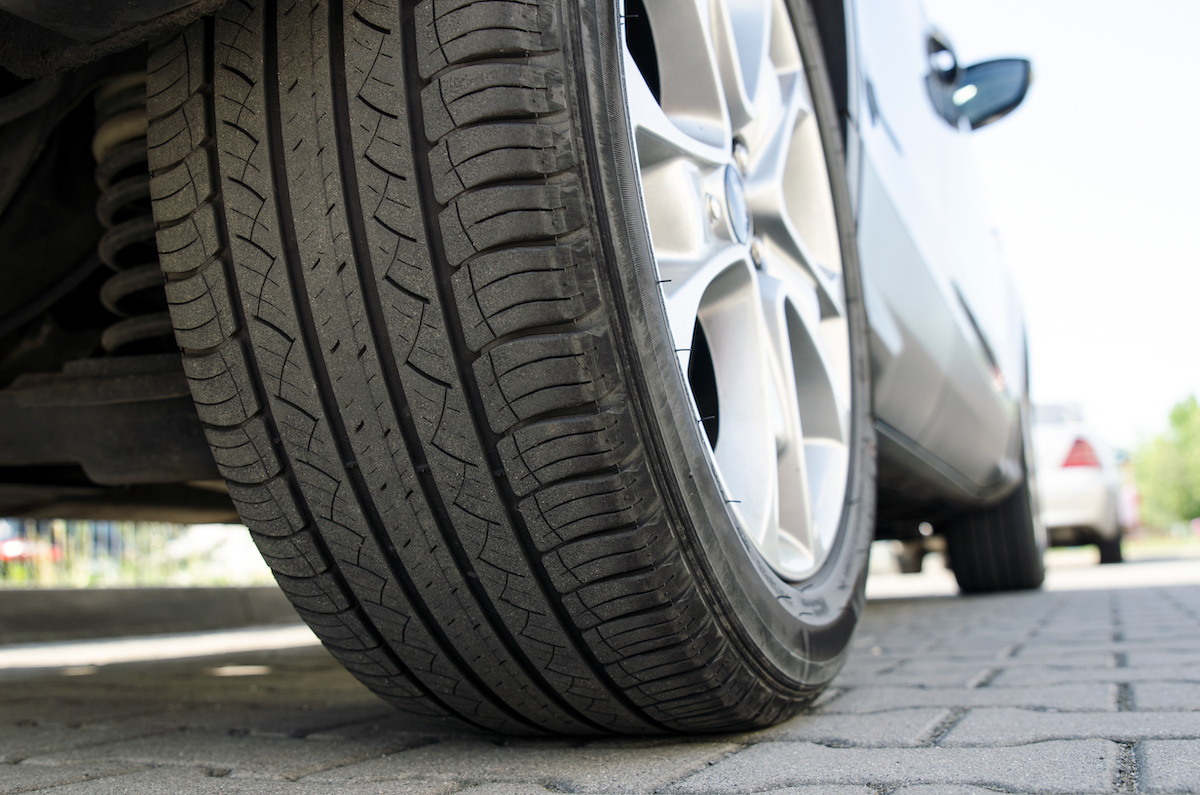
As the winter months are upon us (and maybe a little sooner than we anticipated), you might be giving some thought to your car and asking questions about its stamina in the season to come, questions that include how long should tires last. Tires are obviously an important factor in your car’s ability to drive on any road, regardless of weather conditions, so it’s important to keep an eye on them.
Take a closer look
In the auto world, the general rule is that most tires should be inspected after about four to six years. This inspection should give you the best estimate of how your tires are wearing and how much longer they might last, as well as give you an opportunity to replace any tires (if necessary) before something happens that would require you to replace them. If your tires make it to the ten-year mark, most tire manufacturers recommend that they should be replaced shortly thereafter, regardless of what condition they seem to be in.
Regardless of these benchmarks, it’s hard to give a general lifespan estimate for tires because there are too many variables that affect their wear. For instance, certain tire brands are just made with higher quality materials and therefore made to last longer.
The kind of car you drive is also a factor, as well as where you live: what the roads are like, what the climate is, etc. What’s most likely to affect how long your tires last, however, is your driving habits: not only how much or how often you drive, but what kind of driver you are. Do you peel out at stoplights or frequently pump your breaks a little too hard? Do you keep your tires properly inflated and have them rotated regularly? These factors and more can affect the lifespan of your tires.
What about the warranty?
Tires often come with a warranty regarding how many miles the manufacturer will guarantee they’ll last. A good way to make sure you stay on top of monitoring your tires’ performance is to keep an eye on when your tires might reach that mileage and have them inspected regularly after crossing that milestone. If you want to estimate how many years it might take you to reach that milestone, use your average annual mileage to do so.
If you don’t know your average annual mileage, you can calculate it based on how many miles you’ve driven your car in the time you’ve owned it, or how many miles you’ve driven in the period since your last oil change or maintenance, if you have that information available. If your tires include a warranty, it’s important to monitor when your warranty will be up and have your tires inspected before then. Depending on what’s covered in your warranty and what condition your tires are in, you might be able to get the manufacturer to replace the tires.
Taking proper care of your tires
In order to make sure you get the most out of your tires, be sure to take care of them and keep up with regular maintenance. This includes regularly checking the tread and making sure it’s above 2/32 of an inch, according to a recommendation from the National Highway Traffic Safety Administration. Keeping your tires rotated regularly and your car’s alignment in check will also help reduce wear, especially uneven wear.
You should also make sure to maintain proper tire pressure. Most tiremakers recommend checking the tire pressure monthly in addition to whenever average temperatures shift more than 10 degrees. To prevent having to fill your tires as frequently, you could opt to use nitrogen instead of the standard compressed air (which is a mix of primarily nitrogen and oxygen) you’ll find at most filling stations. Nitrogen is less likely to migrate through tire rubber than oxygen, which keeps your tire pressure more stable long term, especially during temperature fluctuations. Many shops should be able to fill your tires with pure nitrogen for a small fee.
It’s important to take good care of your tires and monitor their age and wear because, unlike a flat tire, a worn tire can pose a hidden danger to you while on the road. The tread separating unexpectedly can lead to collisions, which can cause injuries or even death. Protect yourself and others on the road, and avoid a trip to your local auto body shop, by taking care of your tires and your vehicle.

